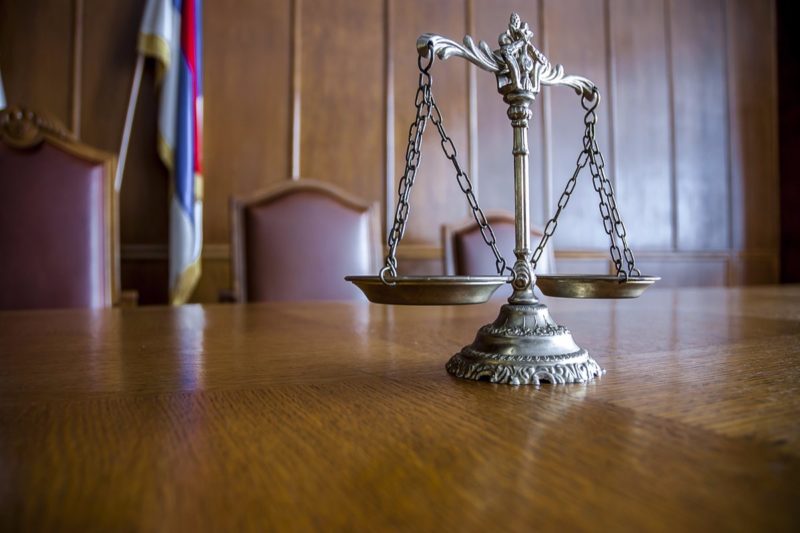Federal Judge Blocks Pair of Anti-Choice Laws in Alabama
Myron Thompson, a senior judge at the District Court for the Middle District of Alabama, issued a preliminary injunction, ruling that the laws are likely to be found unconstitutional, reported Reuters.

A U.S. federal judge on Thursday blocked a pair of Alabama laws that would close abortion clinics within 2,000 feet of public schools and criminalize a commonly used abortion procedure.
Myron Thompson, a senior judge in the District Court for the Middle District of Alabama, issued a preliminary injunction, ruling that the laws are likely to be found unconstitutional, reported Reuters.
Alabama Gov. Robert Bentley (R) signed the bills into law in May, and they were set to take effect on August 1. Thompson in July issued a temporary restraining order to block the state from enforcing the provisions until after an October 4 hearing.
Andrew Beck, staff attorney with the American Civil Liberties Union (ACLU)’s Reproductive Freedom Project, said in a statement that the Alabama ruling is the latest of several court rulings that have blocked laws restricting access to abortion care. This past summer, the U.S. Supreme Court struck down provisions of Texas’ omnibus anti-abortion law, HB 2, including a measure requiring abortion providers to obtain admitting privileges at a hospital within 30 miles of their clinic.
“Just like the Supreme Court did back in June, today yet another court rejected politicians’ attempts to prevent a woman from getting an abortion if she needs one,” said Beck.
SB 205 would have prohibited the Alabama Department of Public Health from issuing or renewing a reproductive health care facility’s health-center license if the clinic is located within 2,000 feet of a public elementary- or middle-school campus.
If the law was enforced, it would have required the only abortion clinics in Huntsville and Tuscaloosa to close. These two clinics provide more than half of the abortions in the state, as the ACLU press statement noted.
Thompson wrote in his opinion that people who currently rely on those clinics would be forced to “travel significantly greater distances” to access abortion care.
“This burden would become particularly devastating for low-income women who represent half of all abortion recipients and a significant majority of women seeking abortions in Alabama,” Thompson wrote.
SB 363 would ban a physician from performing a dilation and evacuation (D and E), a surgical procedure that is commonly used for abortions after 13 weeks of pregnancy, according to the American Congress of Obstetricians and Gynecologists.
Thompson wrote in the ruling that if the ban on the D and E procedure were to take effect, “Alabama women would likely lose their right to pre-viability abortion access at or after 15 weeks,” and the state’s interests are not “sufficient to justify such a substantial obstacle to the constitutionally protected right to terminate a pregnancy before viability.”
Susan Watson, executive director of the ACLU of Alabama, said in a statement that state lawmakers need to “stop wasting time and taxpayer money” by passing unconstitutional laws that restrict access to abortion care.
“Alabama women deserve to access their rights protected by the Constitution,” Watson said. “And our doctors deserve to be able to provide care in clinics, not fight medically unnecessary laws in courthouses.”
